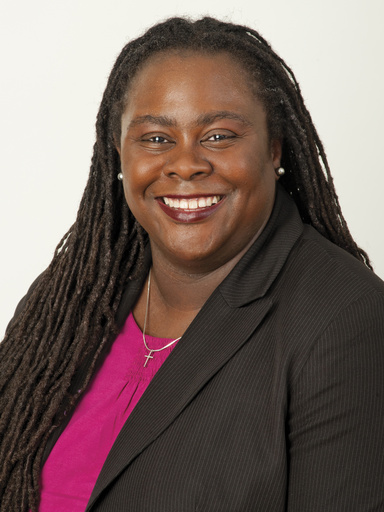Andy Grewal is now officially a friend of the United States Supreme Court.
Grewal, a professor at the University of Iowa College of Law, filed an amicus curiae brief for a case that will be heard by the Supreme Court this fall. Amicus curiae—“friend of the court” in Latin— writes briefs with the hope of helping judges or justices at appellate courts make the most legally sound decisions.
Some are written in support of the position of one party or the other in the case, while others are written by a disinterested third party who hopes to provide the justices with a neutral analysis. Grewal’s is of the latter variety.

“My hope is that the court can benefit from an academic perspective on the case and an objective analysis of the issues,” says Grewal, a tax law specialist.
The case—United States v. Woods—is not one anyone will hear about unless they’re an accountant, tax attorney, or Supreme Court geek. It relates to the IRS trying to impose penalties on tax shelters for complicated technical reasons. Grewal is not focused on the result the Supreme Court reaches, but rather how it decides the issues presented. If the decision cuts too broadly, he says it could create significant and unintended changes to the entire body of tax law, so he hopes his argument persuades the justices to keep the decision narrow.
“I’ve felt passionately about this for a long time, but I waited until the right case got to the Supreme Court because the lower courts aren’t as willing to re-examine old cases ” he says.

Grewal is just one UI law professor who files amicus briefs. Angela Onwuachi-Willig has participated as a signatory on briefs in four cases about civil rights or employment law, and has been on the winning side three times. Jim Tomkovicz has written six, the most of anyone in the law school, starting with Knowles v. Iowa in 1998. He has been on the winning side four times, and says he likely would have been a winner with a fifth except the case was dismissed after oral arguments.
The professors say they write briefs because law professors have a unique voice to add to legal discussion. Amicus briefs present an opportunity to explore cutting edge legal issues while influencing how the law is shaped.
“Ultimately, I was drawn to the law because of impact on the lives of real people, including on my own life and the opportunities that I have had,” says Onwuachi-Willig. “It is rewarding when your research or other creative work can be used to help to ensure equality and justice for others.”

“It’s a chance for law professors and academics to do scholarly work that has an immediate, real life impact,” Tomkovicz says.
The Supreme Court doesn’t want just anyone submitting briefs so they require respondents to be members of the Supreme Court bar. That means three years as a practicing attorney, and a signature from a current member. (For Grewal, that was UI law professor Nicholas Johnson.)
The Supreme Court is a stickler for detail when it comes to the brief itself—rules on margins, word count, and spacing are strictly enforced, and the type must be one of certain specific fonts. Briefs must be bound in two places on the spine—not three or four, but two—with saddle stitch or perfect binding. The covers of the briefs are different colors, depending on whether it supports the plaintiff, the defendant, or is neutral.
For some cases, especially those on hot button issues, the court can receive hundreds of briefs. For Woods, which relates to a highly technical and arcane tax matter, the Court received only six, and Grewal’s is the only one from a neutral party.
“Some cases get more briefs than the justices and their clerks can possibly ever read, and in many of those cases, we already know what the justices think about an issue, so a brief won’t have any impact,” he says. “In the Woods case, no sane person has made up their mind, and since there aren’t many briefs, they may be more open and receptive to my arguments.”